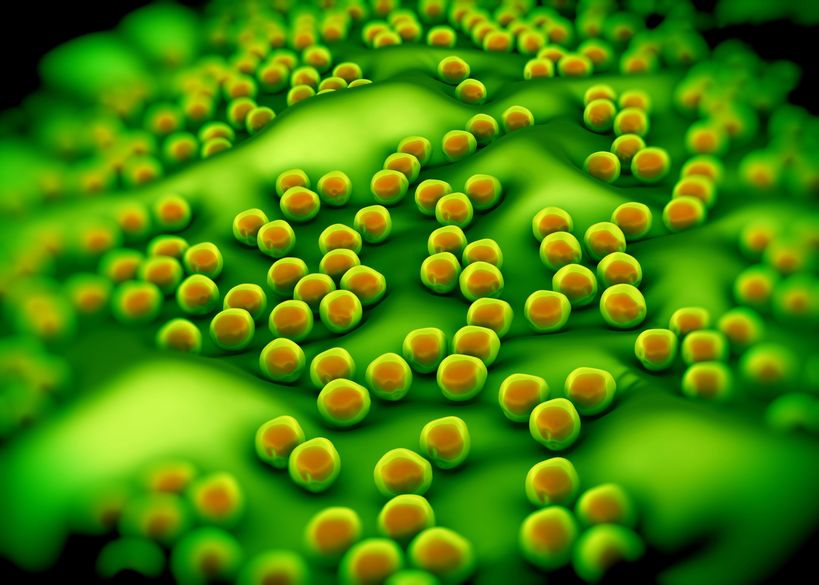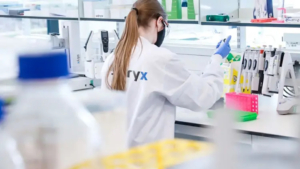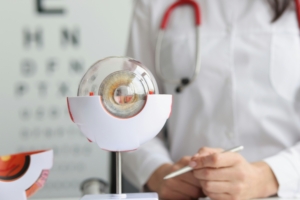
AMR: Novo Holdings funds companies with €18m
Novo Holdings has invested €18m from its €135m REPAIR Impact Fund into four companies.
"Three additional investments into companies developing innovative novel anti-infective therapies were made in late 2018", Novo Holdings said in a press release bringing investments from the REPAIR Impact Fund in its first year to €18m. The €135m ($165m) REPAIR Impact Fund, was set up to invest in start-ups, early-stage companies and corporate spin-outs across Europe and North America involved in discovering and early-stage development of therapies to combat antimicrobial resistance (AMR).
REPAIR’s new and prior investments include: Entasis Therapeutics, Minervax, Procarta Biosystems and Polyphor. Clincial stage company Entasis Therapeutics‘ preclinical pipeline includes a new class of Non ?-lactam PBP Inhibitors (NBP) targeting multi-resistant Pseudomonas aeruginosa infections. The company is also supported by CARB-X. The REPAIR Impact Fund participated in the $75m NASDAQ listing of the company in September 2018 by investing $10m.
Lund University spin-out Minervax develops a prophylactic vaccine against Group B Streptococcus (GBS) responsible for 50% of life-threatening infections in newborns, as well as stillbirths and preterm deliveries in pregnant women. Novo Holdings invested €3.6m in 2018.
UK biotech Procarta Biosystems is building a pipeline of antibacterials from its Oligonucleotide Antimicrobial platform, a novel nanoparticle approach targeting a new class of antibiotics targets, transcription factors. Its lead asset, PRO-202, is in preclinical development to treat complicated urinary tract infections (cUTI) and complicated intraabdominal infections (cIAI). The REPAIR Impact Fund invested €1.5m in 2018.
As announced earlier, the REPAIR Impact Fund’s first investment of up to CHF11.5m was in Polyphor, which is developing novel Outer Membrane Protein Targeting Antibiotics (OMPTA) addressing the WHO’s five deadliest and most resistant Gram-negative bacterial pathogens. The fund has already invested CHF6.8m and is committed to make an additional project-based, royalty-bearing investment of CHF4.7m at the achievement of predefined milestones of the OMPTA programme.
We back companies we believe can change the future of antibiotic resistance," said Aleks Engel, Director of the REPAIR Impact Fund. "Despite growing recognition of this global threat, there is an early-stage funding gap for new treatments, specifically from lead optimisation up to Phase I data. In 2018, our team reviewed over 100 high-quality proposals targeting the deadliest resistant pathogens on the planet and invested in four highly promising companies. We are still working on a number of these and are looking forward to announcing additional investments in 2019." Dr John H. Rex, a key opinion leader in the field of infectious disease therapy was appointed new Chairman to the Scientific Selection Board.
The WHO regards AMR as the greatest threat to human health. According to estimates, more than 700,000 people die each year from infections resistant to most or all antibiotics, and the number is increasing by the day. Novel approaches are urgently needed to tackle the growing tide of antibiotic-resistant infections. However, incentives are needed to push development of new antibiotics which didn’t generate an attractive return-on-investment for pharma companies. More than 200 international experts in the AMR field will meet at the 12th Berlin Conference on Life Sciences in March to discuss the latest develoments in the development of diagnostics and new therapies, pull an push mechanisms to reincentivise the antiinfectives market, regulatory affairs and IP.


 Sitryx Therapeutics
Sitryx Therapeutics
